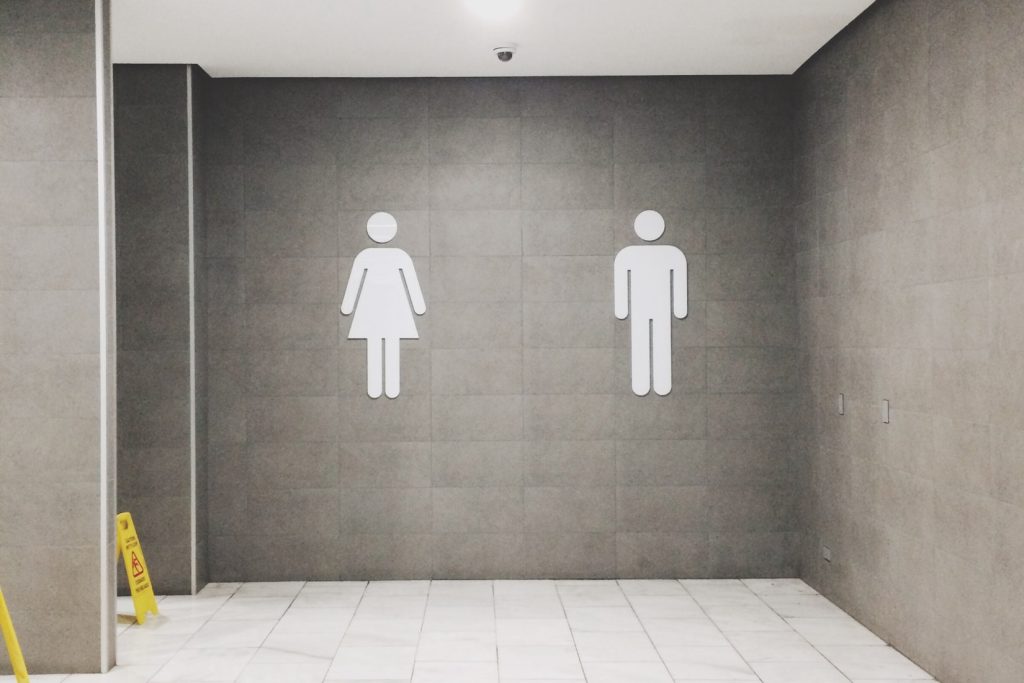Tackling the open defecation crisis

Nigerians are assaulted daily by disgusting sights of people defecating in the open. Beyond the obvious revulsion it evokes, this practice poses a great risk to citizens and the environment.
According to the United Nations Children’s Fund, UNICEF, as of 2021, about 46 million Nigerians still engaged in open defecation.
The figure could be far more. Open defecation is a cultural practice among communities that have no organised communal toilets. Some resort to depositing their excrements in plastic bags and dumping them in the nearest bushes, drains, streams and rivers. Unfortunately, most state and local governments do not prioritise the establishment of toilets, water and other sanitary facilities to minimise open defecation.
This unwholesome practice is a major source of public health crisis. It contaminates water sources, leading to outbreaks of diseases such as cholera, diarrhoea, typhoid, trachoma, schistosomiasis and others.
In 2016, the Federal Government, in line with international protocol, launched the National Roadmap to End Open Defecation in 2025. It gave birth to the 2018 declaration of a “state of emergency” in the WASH (Water, Sanitation and Hygiene) sector and the “Clean Nigeria: Use the Toilet” campaign. Here we are in 2025, yet we are no further than where we started. It is yet another public policy failure.
As the deadline for Nigeria to achieve the goal of becoming “open-defecation-free”, ODF, draws near, millions of Nigerians still lack access to basic toilets and sanitation facilities, particularly in urban slums, waterfront communities and rural areas with high poverty prevalence. If Nigeria is to achieve the ODF status, it requires more than lip service by political leaders and civil servants.
It calls for a strong political will. India presents a good example. With a population that is over four times that of Nigeria, India, once the world’s biggest contributor to open defecation, achieved ODF in 2019, thanks to determined leadership, adequate financing and a grassroots mobilisation drive under the ‘Clean India Campaign’. India also adopted the reward system that incentivised and engaged with communities and their change agents by regularly evaluating the outcomes.
The difference between India and Nigeria is clear. While the government and people of India fully embraced the challenge, our government merely held a public ceremony, read speeches and sat on the problem. India performed the heavy lifting which governance entails but we did not. Ending open defecation by 2025 is also eluding us, just as such other national targets as “Education for All by the Year 2000”, “Vision 2010”, and others came and went in failure.
Governments at all levels must now prioritise building safe and affordable toilets in schools, markets, motor parks, and rural settlements. Local governments, in particular, must invest in sanitation infrastructure and enforce laws that prohibit open defecation.
If India can achieve it, so can Nigeria.
The post Tackling the open defecation crisis appeared first on Vanguard News.







